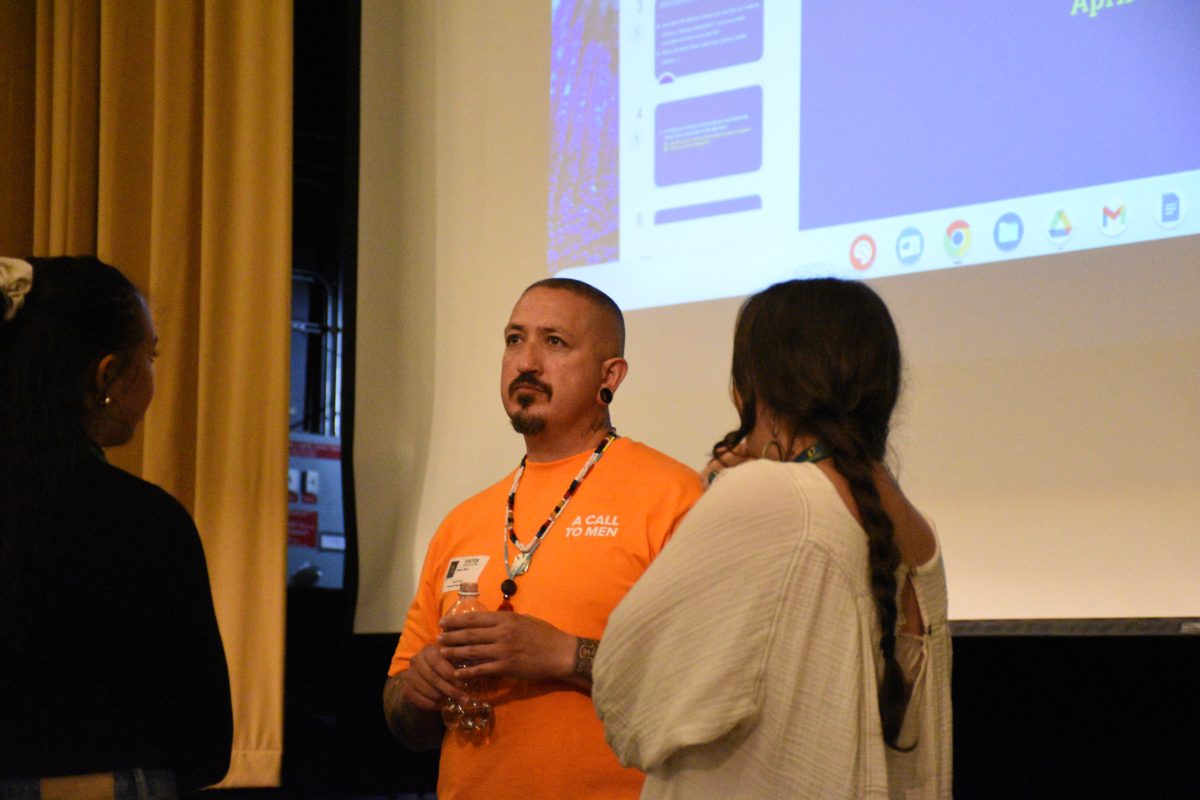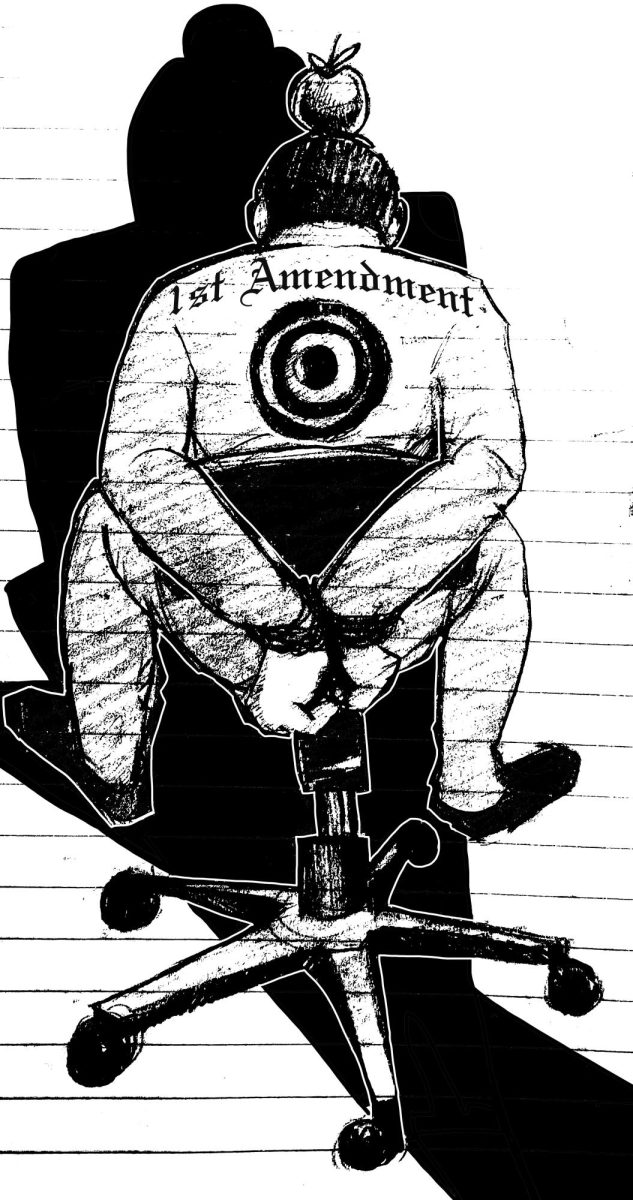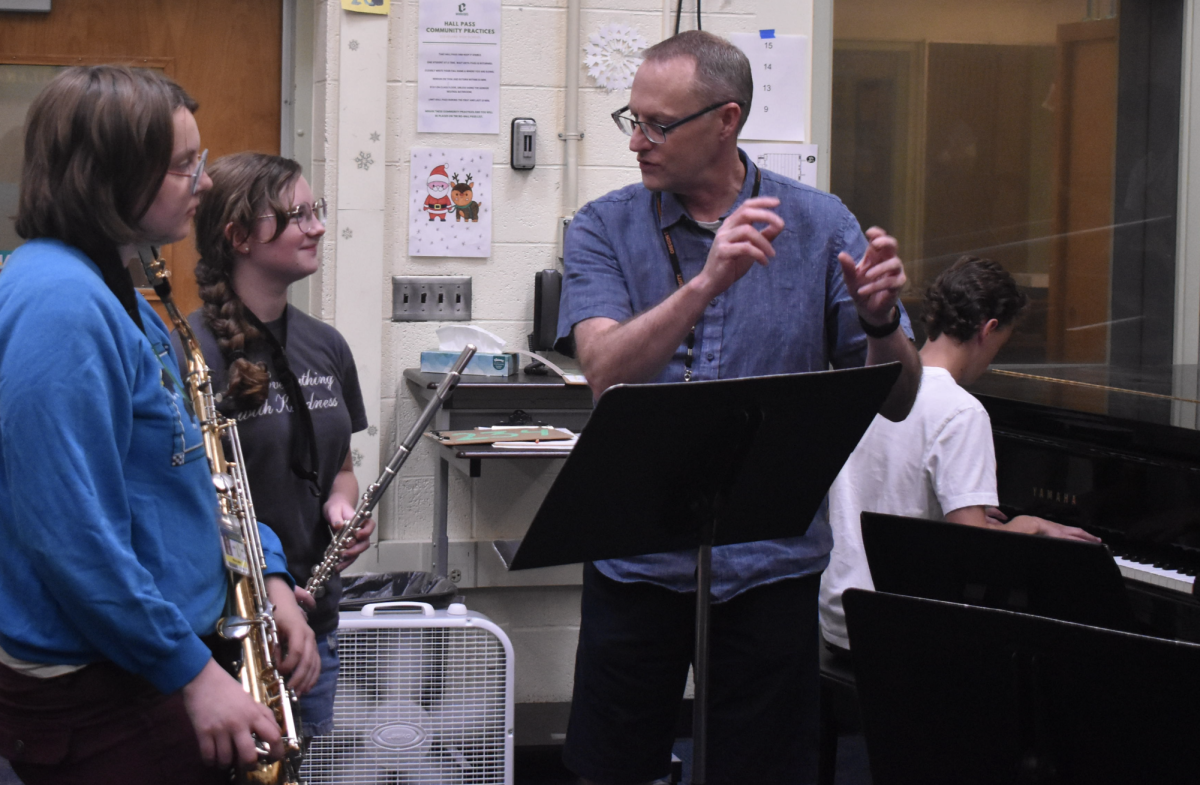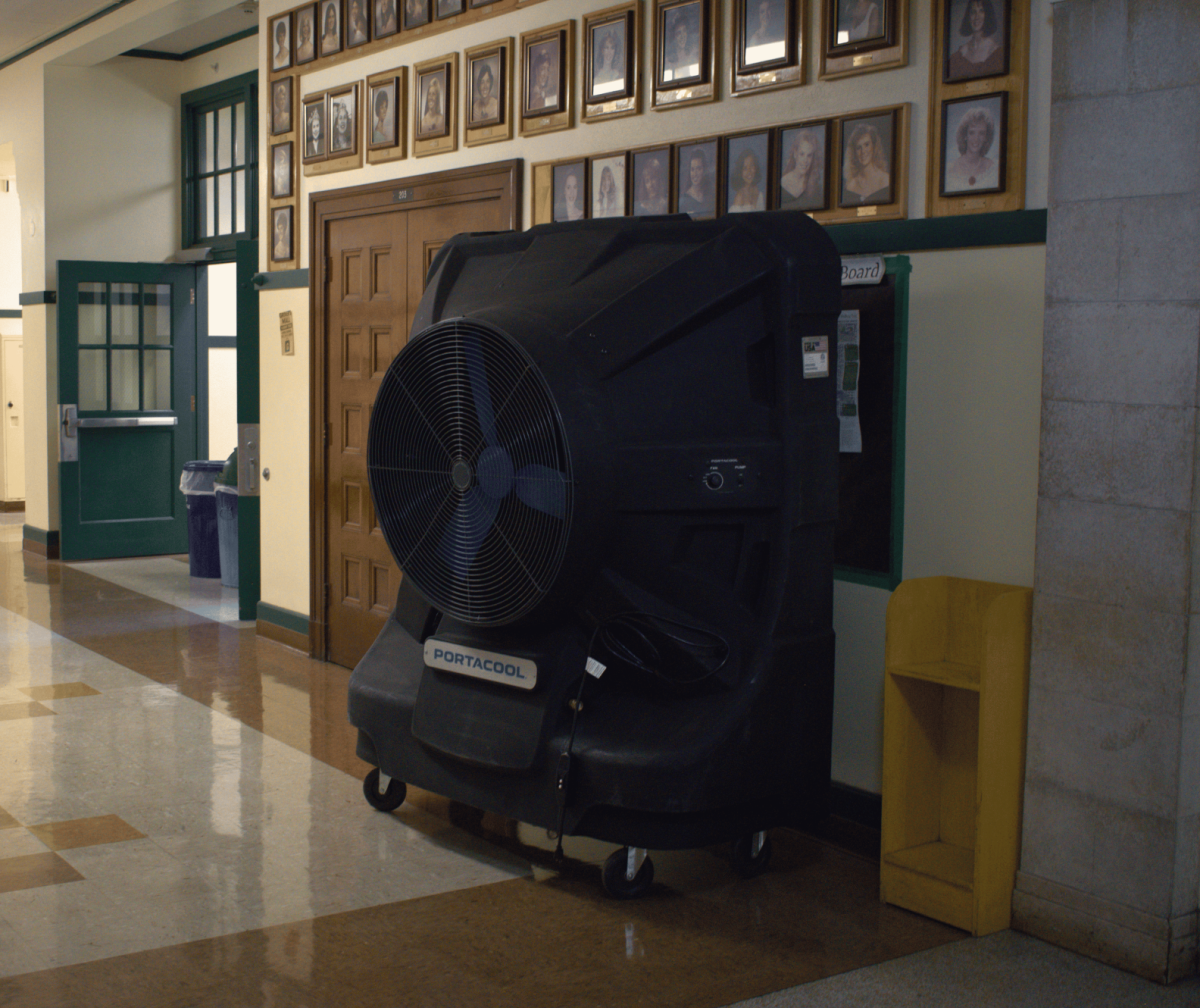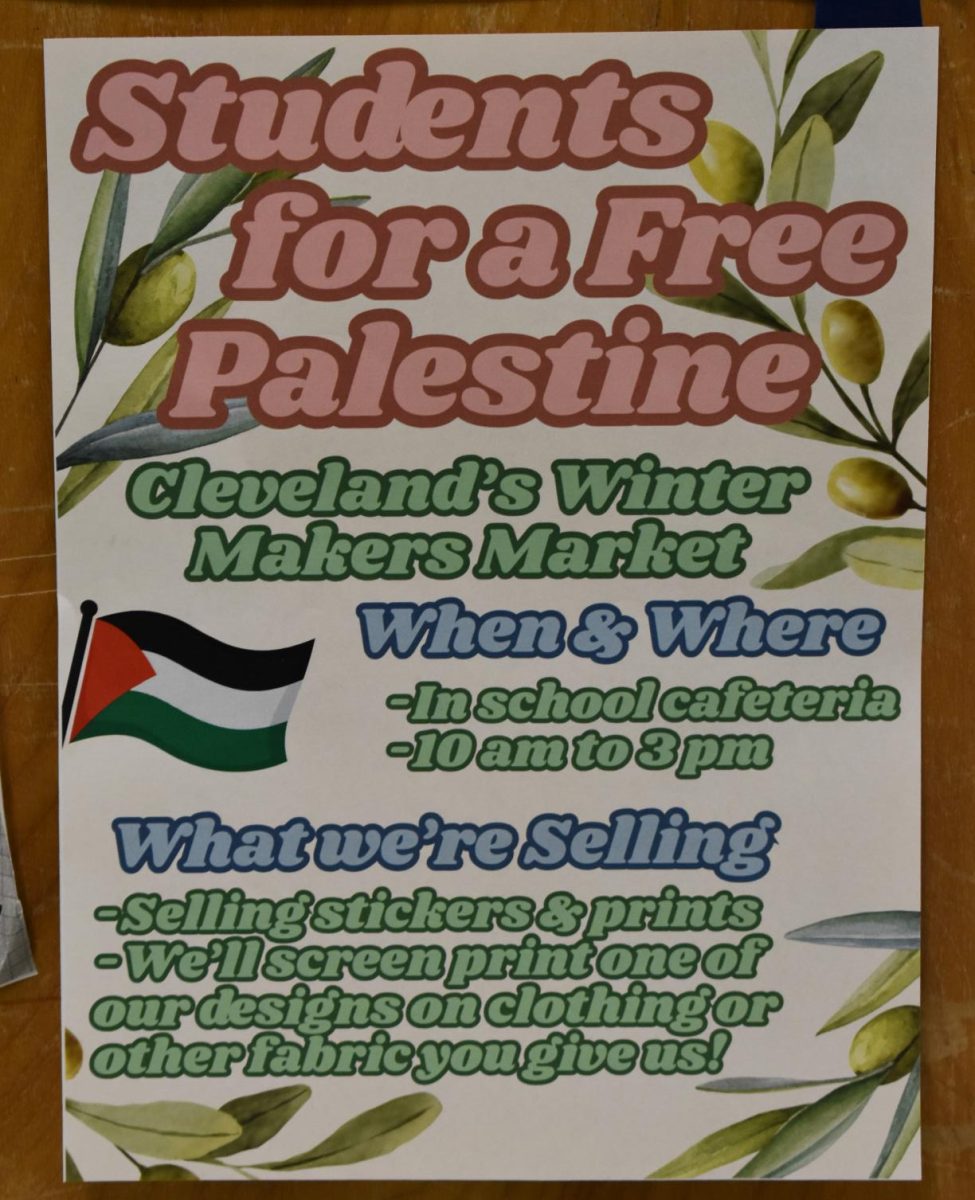A school-wide assembly in the auditorium April 25 for the student body and an evening panel for the entire Cleveland community later that evening addressed the topic of misogyny and building a culture of healthy masculinity. While the daytime assembly touched on many topics surrounding gender roles and toxic masculinity, the evening panel was able to dig deep into these issues and gave a lot of room for discussion, vulnerability, and honesty about the harmful effects of toxic masculinity.
This event featured multiple guest speakers, including Orlando Williams, a Trail Blazers game analyst; Jesus “Chucho” Ruiz Vai Sevioi, coordinator of Healthy Manhood Initiatives at A Call to Men; Nick Guerrero, a youth and family advocate at Raphael House; Yshai Boussi from Portland Family Counseling; and Camden Goldberg, a Cleveland alumnus and former co-advisor of the Healthy Masculinity club.
The evening panel discussion was about two and a half hours and was moderated by a counselor from Raphael House, an organization designed to help domestic violence survivors. The panelists thoroughly discussed the idea of the “man box,” a metaphor for all of the ideas, messaging, and expectations surrounding masculinity.
“It’s important for boys to have multiple ways to portray masculinity and to break out of this box. The man box denies boys the opportunity to be vulnerable, which is very harmful to their mental health,” said Ruiz Vai Sevioi.
The man box, mental health struggles, and ways to make progress were all covered in this panel discussion. The event was well attended and left many people asking themselves important questions about what they can do to promote a culture of healthy masculinity in their own lives.
The event was coordinated by Building Consent Culture teacher, Gaye Chapman, and chemistry teacher and advisor of the Healthy Masculinity Club, Brian Fain.
“Mr. Fain and I have been working on this since last spring. We both knew of A Call To Men organization and Mr. Fain is using their curriculum with the Healthy Masculinity Club. We knew that we would have a daytime assembly for students, but we felt that it shouldn’t just be on the shoulders of students, so we decided to host the panel for adults as well,” said Chapman.
While the panel wasn’t just adults, many parents in the audience asked insightful questions, as they have a role to play in promoting a culture of healthy masculinity as well.
“Our goal was to aim the panel towards adults who care about the mental health of our youth and it was important that young people were there as well to see and witness this support network around them,” said Fain.
The unique approach to the topic was one that we haven’t seen yet in the community. While, many times, there are issues to be addressed, the means of addressing these issues is to educate the greater public about them. This approach is very important, yet not always the most effective as it is not focused on the “root” of the issue. However, the panel discussion and assembly did an excellent job at educating the audience about misogyny, while also putting a focus on the root of the issue, which in this case, is harmful gender roles and biases.
“We wanted to stay positive. I think we all know and can see that there is a problem with misogyny, so if we can already see the problem, we need to show solutions. If you just point out the problem without showing solutions, it won’t be as effective,” Chapman said.
This type of solution-based approach helps people to understand the why of the issue rather than just the what.
“Chucho [from A Call To Men] wanted this to be an invitation for solutions. You can’t really get to the solution without making sure that everybody is on the same page about what the issues are. It was definitely more centered on helping young men understand that it’s this gender socialization that we’re all brought up in, not just men. Our society does a really good job at defining what we need to be, act like, and even say.”
“I got emails and people coming up to me afterwards that want more, which, to me, means that it was successful. I want people leaving and thinking what else can we do? I got the impression that many people were willing to keep engaging and that they recognized it as a need but many people were asking what else?” said Chapman.
If you are interested in educating yourself on this issue, keep an eye out for more events. Continue to check the Building Consent Culture and Healthy Masculinity Club’s Instagram accounts @chsconsentculture and @chshealthymasculinity for more information and keep asking questions. If you went to the event and have any feedback or further questions, email Chapman or Fainand.



